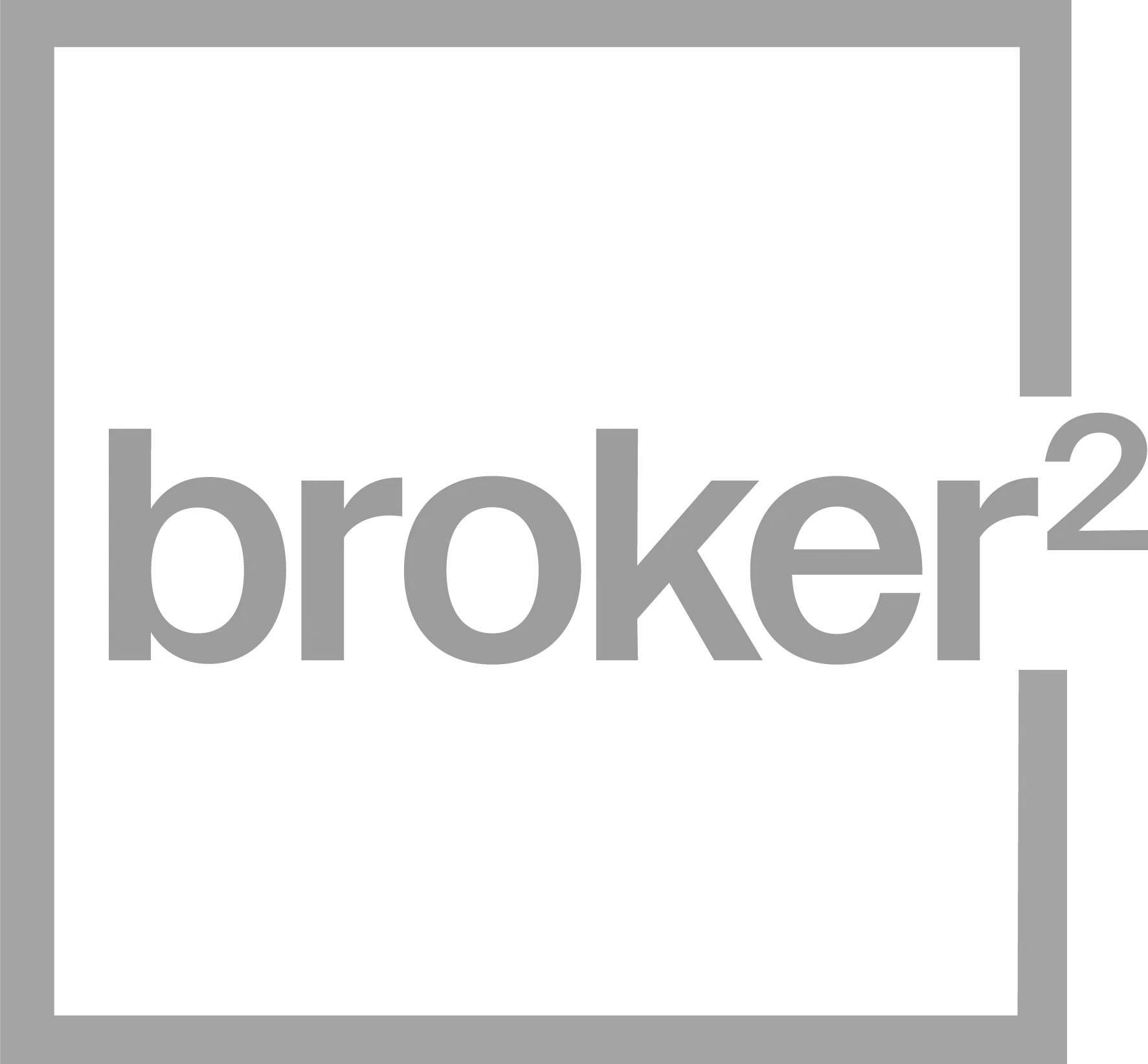What You Can Expect When Locking in a Variable Rate
Tara Gentles • January 5, 2021

If you have a variable rate mortgage, and recent economic news has you thinking about locking into a fixed rate, here is what you can expect will happen.
Firstly, your lender will be very happy as they will now make considerably more money off you. Not only will your interest rate increase, but the cost of breaking your mortgage will increase as well.
Now, each lender has a different way of handling this process, but it’s very safe to say that regardless of which lender you are with, you will end up paying more money in interest, and potentially way more money if you have to break your mortgage.
HIGHER RATES
Fixed rates are always higher than variable rates. If you’re a variable rate mortgage holder, this is most likely the reason you went variable in the first place. The perception is that fixed rates are somewhat “safe” while variable rates are “uncertain”. It is true, as the variable rate is tied to prime, it can increase (or decrease) within your term. However, there are controls in place in Canada to ensure that rates don’t take a roller coaster ride. As the Bank of Canada has scheduled rate announcements, 8 times per year, and they rarely move more than 0.25% per move, it’s impossible for your variable rate to double overnight.
INCREASED PENALTY
Obviously each lender has a different way of calculating the cost to break a mortgage, with the Big Banks being absolutely the worst, but a general rule of thumb is that breaking a variable rate mortgage will cost roughly 3 months interest or roughly 0.5% of the total mortgage balance, while breaking a 5 year fixed rate mortgage will roughly cost 4% of the total mortgage balance. So on a $500k mortgage balance, the cost to break your variable rate would be roughly $2500, while the cost to break your fixed rate mortgage could be as high as $20,000, eight times more.
REASONS PEOPLE BREAK MORTGAGES
Did you know that 6 out of 10 Canadians will break their current mortgage at an average of 38 months? As we’ve discussed, locking in your variable rate to a fixed rate will increase the cost of breaking your mortgage. Despite our best intentions, sometimes life happens, and we need flexibility.
So here is a list of potential reasons you might need to break your mortgage.
- Sale of your home (you have to move).
- Purchase of a new home.
- Access equity from your home.
- Refinance your home to pay off consumer debt.
- Refinance your home to fund a new business.
- Because you got married (you combine assets and want to live together in a new home)
- Because you got divorced. (you need to split up your assets and access the equity in your home)
- Because you (or someone close to you) got sick.
- Because you lost your job or because you got a new one.
- Because you got relocated for work.
- You want to remove someone from the title.
- You want to pay off your mortgage before the maturity date.
Essentially, locking your variable rate mortgage into a fixed rate is voluntarily paying more interest to the bank, while giving up some of the flexibility to break your mortgage.
If you would like to discuss your personal financial situation, regardless if you have a mortgage or not, I’d love to talk with you. Please contact me anytime!
Tara Gentles
CANADIAN MORTGAGE EXPERT

RECENT POSTS

Mortgage Registration 101: What You Need to Know About Standard vs. Collateral Charges When you’re setting up a mortgage, it’s easy to focus on the rate and monthly payment—but what about how your mortgage is registered? Most borrowers don’t realize this, but there are two common ways your lender can register your mortgage: as a standard charge or a collateral charge . And that choice can affect your flexibility, future borrowing power, and even your ability to switch lenders. Let’s break down what each option means—without the legal jargon. What Is a Standard Charge Mortgage? Think of this as the “traditional” mortgage. With a standard charge, your lender registers exactly what you’ve borrowed on the property title. Nothing more. Nothing hidden. Just the principal amount of your mortgage. Here’s why that matters: When your mortgage term is up, you can usually switch to another lender easily —often without legal fees, as long as your terms stay the same. If you want to borrow more money down the line (for example, for renovations or debt consolidation), you’ll need to requalify and break your current mortgage , which can come with penalties and legal costs. It’s straightforward, transparent, and offers more freedom to shop around at renewal time. What Is a Collateral Charge Mortgage? This is a more flexible—but also more complex—type of mortgage registration. Instead of registering just the amount you borrow, a collateral charge mortgage registers for a higher amount , often up to 100%–125% of your home’s value . Why? To allow you to borrow additional funds in the future without redoing your mortgage. Here’s the upside: If your home’s value goes up or you need access to funds, a collateral charge mortgage may let you re-borrow more easily (if you qualify). It can bundle other credit products—like a line of credit or personal loan—into one master agreement. But there are trade-offs: You can’t switch lenders at renewal without hiring a lawyer and paying legal fees to discharge the mortgage. It may limit your ability to get a second mortgage with another lender because the original lender is registered for a higher amount than you actually owe. Which One Should You Choose? The answer depends on what matters more to you: flexibility in future borrowing , or freedom to shop around for better rates at renewal. Why Talk to a Mortgage Broker? This kind of decision shouldn’t be made by default—or by what a single lender offers. An independent mortgage professional can help you: Understand how your mortgage is registered (most people never ask!) Compare lenders that offer both options Make sure your mortgage aligns with your future goals—not just today’s needs We look at your full financial picture and explain the fine print so you can move forward with confidence—not surprises. Have questions? Let’s talk. Whether you’re renewing, refinancing, or buying for the first time, I’m here to help you make smart, informed choices about your mortgage. No pressure—just answers.

Ready to Buy Your First Home? Here’s How to Know for Sure Buying your first home is exciting—but it’s also a major financial decision. So how can you tell if you’re truly ready to take that leap into homeownership? Whether you’re confident or still unsure, these four signs are solid indicators that you’re on the right path: 1. You’ve Got Your Down Payment and Closing Costs in Place To purchase a home in Canada, you’ll need at least 5% of the purchase price as a down payment. In addition, plan for around 1.5% to 2% of the home’s value to cover closing costs like legal fees, insurance, and adjustments. If you’ve managed to save this on your own, that’s a great sign of financial discipline. If you're receiving help from a family member through a gifted down payment , that works too—as long as the paperwork is in order. Either way, having these funds ready shows you’re prepared for the upfront costs of homeownership. 2. Your Credit Profile Tells a Good Story Lenders want to know how you manage debt. Before they approve you for a mortgage, they’ll review your credit history. What they typically like to see: At least two active credit accounts (trade lines) , like a credit card or loan Each with a minimum limit of $2,000 Open and active for at least 2 years Even if your credit isn’t perfect, don’t panic. There may still be options, such as using a co-signer or working on a credit improvement plan with a mortgage expert. 3. Your Income Can Support Homeownership—Comfortably A steady income is essential, but not all income is treated equally. If you’re full-time and past probation , you’re in a strong position. If you’re self-employed, on contract, or rely on variable income like tips or commissions, you’ll generally need a two-year history to qualify. A general rule: housing costs (mortgage, taxes, utilities) should stay under 35% of your gross monthly income . That leaves plenty of room for other living expenses, savings, and—yes—some fun too. 4. You’ve Talked to a Mortgage Professional Let’s be real—there’s a lot of info out there about buying a home. Google searches and TikToks can only take you so far. If you're serious about buying, speaking with a mortgage professional is the most effective next step. Why? Because you'll: Get pre-approved (and know what price range you're working with) Understand your loan options and the qualification process Build a game plan that suits your timeline and financial goals The Bottom Line: Being “ready” to buy a home isn’t just about how much you want it—it’s about being financially prepared, credit-ready, and backed by expert advice. If you’re thinking about homeownership, let’s chat. I’d love to help you understand your options, crunch the numbers, and build a plan that gets you confidently across the finish line—keys in hand.

